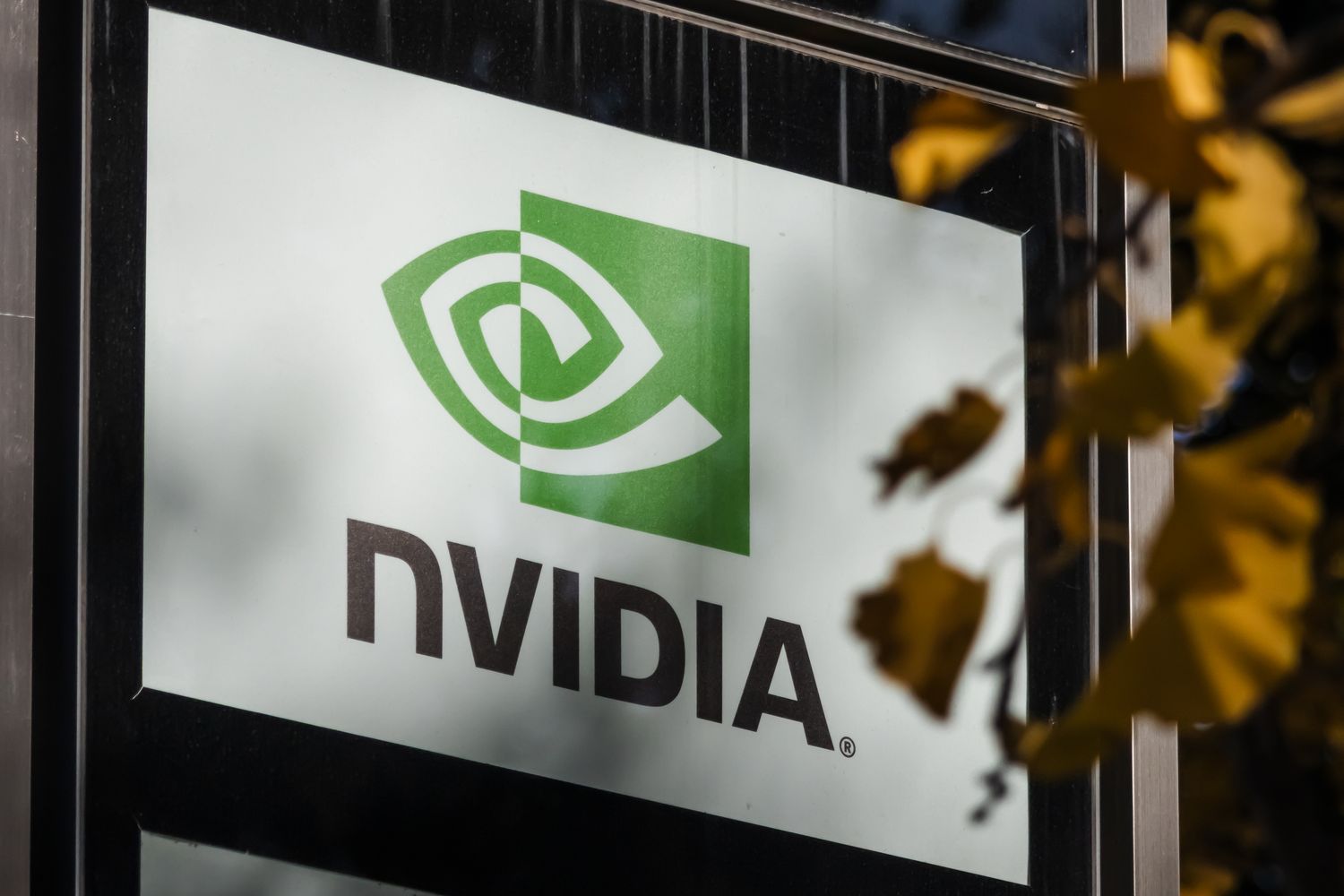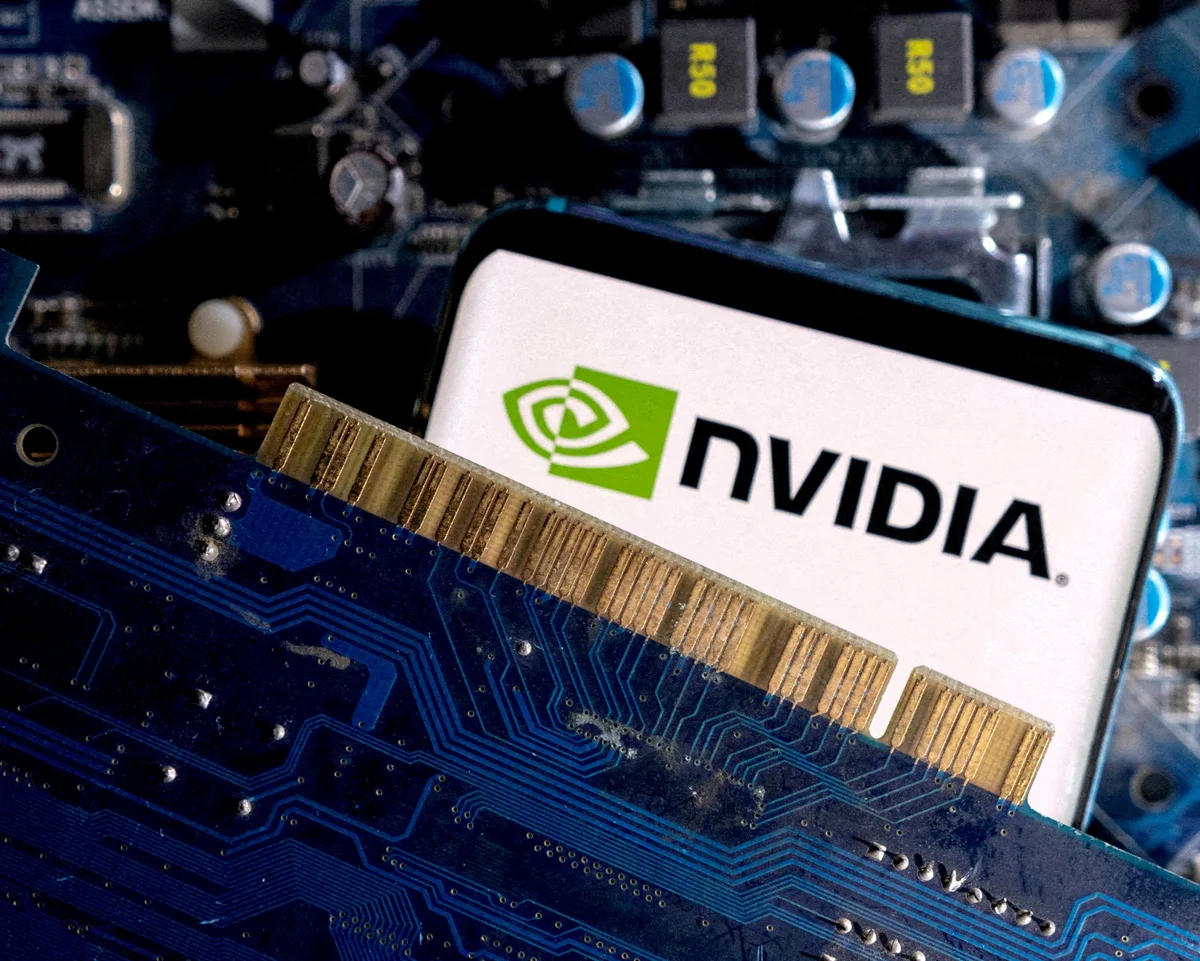SoftBank, the Japanese investment giant, has sold its entire stake in Nvidia, the American tech company famous for making powerful computer chips. This big sale brought SoftBank about $5.8 billion in cash. The decision to sell all its shares was part of SoftBank’s plan to shift its focus and money towards new projects in artificial intelligence (AI) and other exciting technologies.

Nvidia is well known for creating chips that help run AI programs like ChatGPT, which many people use to get answers and have conversations with a computer. In recent years, Nvidia’s value grew a lot, making it one of the most valuable companies worldwide. But SoftBank decided to sell its shares in October, even though Nvidia’s stock price was rising. This move surprised some people because Nvidia is seen as a leader in AI technology.
Why did SoftBank sell? The company’s CEO, Masayoshi Son, explained that this sale was not about losing faith in Nvidia’s future. Instead, SoftBank wants to use the money it made from selling Nvidia shares to invest more heavily in AI projects and infrastructure. One of these projects includes a large investment in OpenAI, the company behind ChatGPT, and others include data centers that support AI technologies.
This sale shows a larger trend in the tech investment world. Investors like SoftBank are moving away from just buying shares in hardware companies, like chipmakers, and are now putting more money into AI software and the platforms that run AI technologies. This change reflects how the AI field is evolving from building chips to focusing more on the AI systems themselves.

However, this move also worried some investors. Nvidia’s shares had gone up a lot in the last few years, leading some to think that maybe the prices were too high — a possible "bubble" that might burst. When a bubble bursts, prices drop quickly and investors can lose a lot of money. SoftBank’s sale has made people think about whether Nvidia’s stock price might come down soon or if the AI boom is slowing.
SoftBank has had a mixed history with Nvidia before. The company sold Nvidia shares back in 2019 and missed out on a massive increase in value as AI became more popular. This time, SoftBank bought into Nvidia again but chose to exit at a time when the company’s shares had already grown a lot.
For SoftBank, selling Nvidia shares is also about balancing money. The company plans to spend about $22.5 billion on OpenAI and $6.5 billion on buying a chipmaker called Ampere. To fund these big plans, SoftBank needed to free up cash, which it did by selling Nvidia shares.

In response to this news, SoftBank’s own stock price rose by around 3.6%, showing that investors believe the company is making smart moves to focus on future technology trends. Still, Nvidia’s stock dropped by nearly 10% after the announcement, reflecting some uncertainty in the market.
In simple terms, SoftBank’s sale is like a player on a sports team trading a star player to get money to invest in new talent for future games. The company is reshaping its team to focus strongly on AI, betting that this will bring bigger wins in the long run.
To conclude, SoftBank’s sale of its entire Nvidia stake is a significant move in the tech investment world. It reflects a shift in focus toward broader AI ecosystem projects rather than just hardware companies. The market’s mixed reaction shows that while Nvidia remains powerful, investors are watching closely to see how the future of AI investments will unfold. SoftBank’s bold strategy highlights how fast technology and investing are changing in this exciting field.
This development is important for anyone interested in technology, business, or how the future of AI might shape the global economy and tech industry.
With inputs from agencies
Image Source: Multiple agencies
© Copyright 2025. All Rights Reserved. Powered by Vygr Media.






















